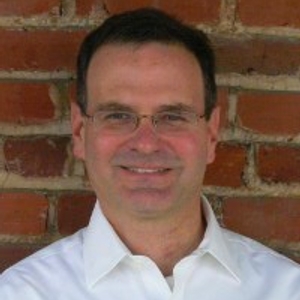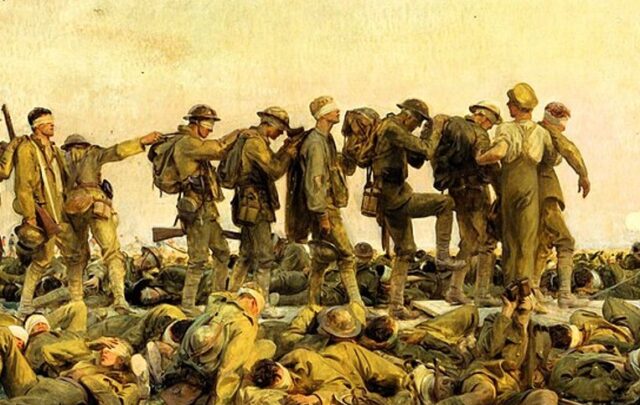Honeycomb Kids: Big Picture Parenting for a Changing World…and to Change the World by Anna M. Campbell, Cape Able, 254 pp, $17.95.
Your baby absorbed so many early-learning podcasts in utero that when she’s born she doesn’t know if she’s supposed to be Baby Einstein, Baby Mozart or Baby Bill Gates. Your husband or wife had to call in some big favors to reserve little Emma or Alessandra a place in a top preschool. After that, you’ve got her future all planned out: a decent gifted program, Yale undergrad, Wharton MBA, partner at Goldman Sachs.
If this is your parenting style, then Honeycomb Kids: Big Picture Parenting for a Changing World…and to Change the World probably isn’t in the pile of books sitting on your bedside table. But that’s a shame. It’s big-spending, ambitious, hard-charging parents who probably need this wise and gentle book the most.
That’s because any kid raised by homesteader and beekeeper Anna M. Campbell’s method is probably more likely to yearn for a career as a butcher, baker or candlestick maker than as a hedge fund manager.
If you follow Campbell’s three main principles, you might just raise a child with a realistic view of the future who will be as prepared as possible for different likely scenarios.
1. Accept that the future will be different than the past
Campbell starts from the premise that people living today will never see a return to the high-spending days of the Roaring Nineties (if we’re lucky, the future might be more like the 1890s).
Given the perfect storm of ecological, political and financial crises facing industrial society, parents should prepare their children for a future that will be hotter, poorer and more crowded. Part One of Honeycomb Kids offers a helpful primer for parents on such honeycombed threats as overpopulation, climate change, food shortages, mass migration, nuclear proliferation and loss of arable land. Not exactly the stuff that dreams are made of.
Campbell may not believe that we should be afraid-very-afraid, but she does write that a healthy sense of fear in both parents and kids can make us revere life more and “develop the compassion needed to make a difference in the world.”
This clears the deck for the “Thought Launchers and Conversation Starters,” lists of provocative questions and learning exercises that Campbell helpfully places at the end of each chapter. For example, “Explain the idea of stewardship to your children. Give them something they can be personally responsible for and encourage their efforts; acknowledge their care.”
2. Talk to the kids about Santa and Peak Oil
Campbell is all for protecting kids’ natural innocence against commercialism and ugly media culture. But children do need to know there’s no free lunch in life. When it comes to hard truths, Campbell advises being “gently truthful” to help sons and daughters grow up better prepared for an uncertain future without taking all the fun out of childhood.
When asked, for example, if Santa is real, Campbell and her husband “chose to keep the magic of Christmas alive by telling the children the original story of St. Nicholas, his generosity to the poor, his spreading of joy,” inspiring the family to help the poor. “We tell them that some people believe that to this very day he rides his sleigh across the world delivering gifts to the children of the world, that it is said there are reindeers with cool names and elves aplenty.”
As to peak oil, economic crisis and kids’ prospects to make partner at a white-shoe firm if they get through Columbia Law School, Campbell employs the same principle — taking away illusions with one hand while giving empowerment with the other.
So, when your son whines for the latest iGadget, make him watch “The Story of Stuff” to show him how consumerism leads not to satisfaction but to trash. Then, if he still wants the toy or tool, invite him to find another kid to split the cost with as a “co-owner” or to suggest a household chore by which he can earn the purchase price.
3. Exploit child labor
Speaking of chores, Campbell doesn’t think the only job of kids is to get ready for school or even that the most important learning is academic. A fan of homeschooling, Campbell thinks that childhood should be one long home-based internship in sustainable living. Not surprisingly, she urges parents to put their kids to work in gardening, cooking and handicrafting.
As to preparing your daughter for the career of the future — a peak oil future, that is — Campbell thinks that little kids already know best about careers:
Kids are a great radar for the types of jobs that will still be promising in the future, because if a five-year-old can understand what you do for a job, then it’s probably worth doing, e.g., “I grow food for people to eat,” “I help fix broken bones,” “I repair bikes.” Alternatively, if it’s too complicated to explain easily, maybe it won’t be such a great career option, e.g., “I trade derivatives,” “I invent chemicals to create a ‘natural’ flavor that’s really synthetic,” “I help people get money that their Aunty specifically asked them not to have when she died.”
My favorite among Campbell’s ideas to get your kids on the right side of a peak-oil future is to throw a monthly “power party,” a voluntary blackout where you switch off the electricity for 24 hours. This gives the whole family a chance to plan and use creative alternatives for lighting, heating, cooking and of course, entertainment.

























